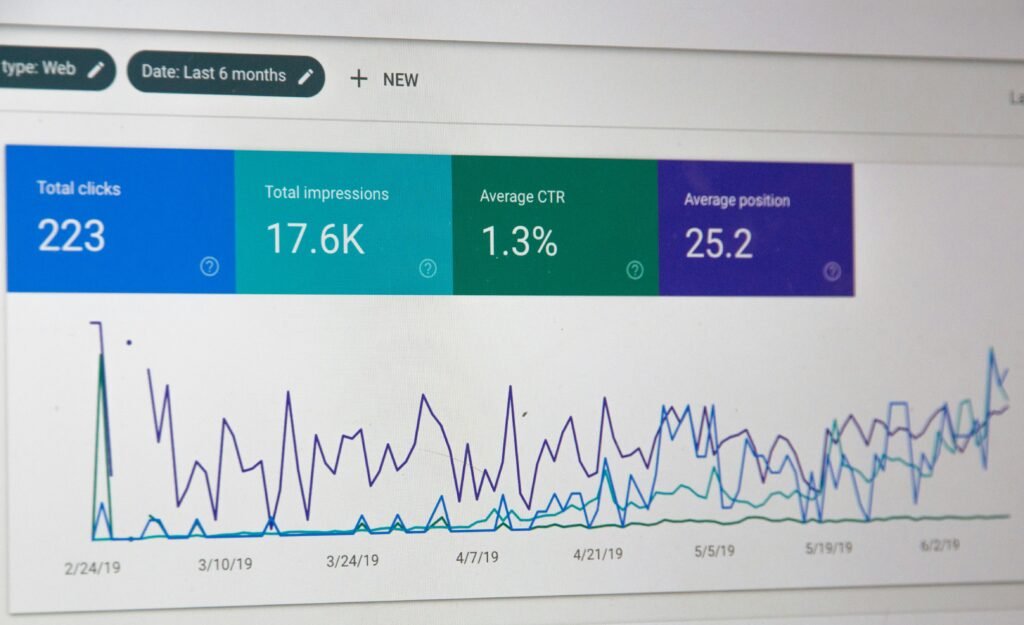Keywords are the gateway to rank any site. In the wide field of digital marketing, one aim stands out for both businesses and content creators: to rank higher for keywords. This not only increases organic traffic but also boosts exposure and authority in your field. But how do you rank more keywords effectively? Let’s look at the tactics and practices that can help you attain your objective.
1. Conduct thorough keyword research.
Keyword research is the foundation of every effective SEO campaign. Start by identifying keywords related to your niche using tools such as Google Keyword Planner or SEMrush. Look for a combination of high-volume and low-competition keywords to develop a well-balanced approach. Don’t overlook long-tail keywords—they may have lower search numbers, but they frequently bring in better-tailored visitors and face less competition.
2. Create high-quality, relevant content.

Once you’ve identified your keywords, the following step is to create content that is both high-quality and relevant to your audience. Search engines prefer material that delivers value, so focus on developing in-depth articles, blog posts, videos, or infographics that answer the questions your audience
Optimize on-page SEO.
On-page SEO is crucial to keyword ranking. Here are some important elements to focus on:
- Make sure your primary term appears in the title tag, preferably at the beginning.
- Create intriguing meta descriptions that contain your target keywords.
- Use header tags (H1, H2, H3) to arrange your text and include keywords naturally.
- Use meaningful and keyword-rich alt text for your photographs.
- Use keyword-rich anchor text to link to important pages on your website.
4. Create high-quality backlinks.

Backlinks from reliable websites indicate to search engines that your material is authoritative and credible. Focus on gaining backlinks from high domain authority sites by guest blogging, collaborations, or providing content that people want to connect to. Monitor your backlink profile to verify that the links you earn are of excellent quality.
5. Use Latent Semantic Indexing (LSI) keywords.
LSI keywords are phrases that have semantic similarities to your core keyword. Incorporating them within your content allows search engines to comprehend the context and increases your chances of ranking for a larger range of keywords. LSI keywords may be identified using tools such as LSI Graph or simply by evaluating similar Google search recommendations.
- Enhance User Experience (UX).
User experience is becoming increasingly crucial in SEO. A site that is speedy, mobile-friendly, and simple to access will appear higher in search results. Focus on:
- Use tools like Google PageSpeed Insights to discover and address page speed issues.
- Optimize your website for mobile to ensure a seamless experience across all devices.
- Simplify your site’s navigation to help users discover what they need quickly.
- Utilize social media.

Social media can significantly impact your keyword ranking approach. While social signals do not directly influence ranking, they can bring visitors to your content, improve interaction, and result in additional backlinks.
- Regularly Update Your Content
Search engines want fresh content. Regularly upgrading your old material with new information, keywords, and current data will help you rank higher. Conduct periodic content audits to identify and improve underperforming pages.
- Use Schema Markup.
Schema markup improves search engines’ understanding of your content and can enrich your search engine results with rich snippets, thereby increasing click-through rates. Implementing schema markup for reviews, events, recipes, and other sorts of content can help you rank higher in search engine results pages.
10. Monitor and adjust your strategy.
SEO is not something you can do once and then forget about. Use Google Analytics and Google Search Console to track your performance. Monitor which keywords are driving traffic, how users engage with your site, and where you can improve. Prepare to change your strategy based on these findings.
Conclusion
Ranking more keywords is a multidimensional process that involves patience, strategy, and consistent work. You may increase your chances of ranking for a wider range of keywords by completing extensive keyword research, developing valuable content, optimizing on-page and off-page SEO, and focusing on user experience. Stay adaptive and continue to refine your approach based on performance data, and you will notice your keyword ranks improve over time.





